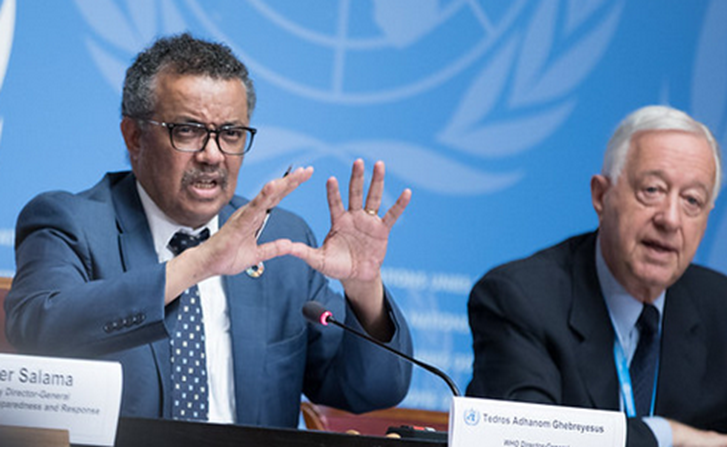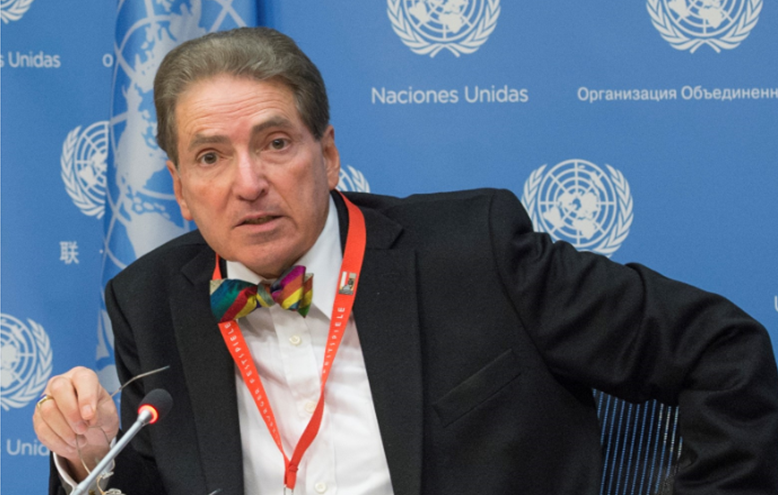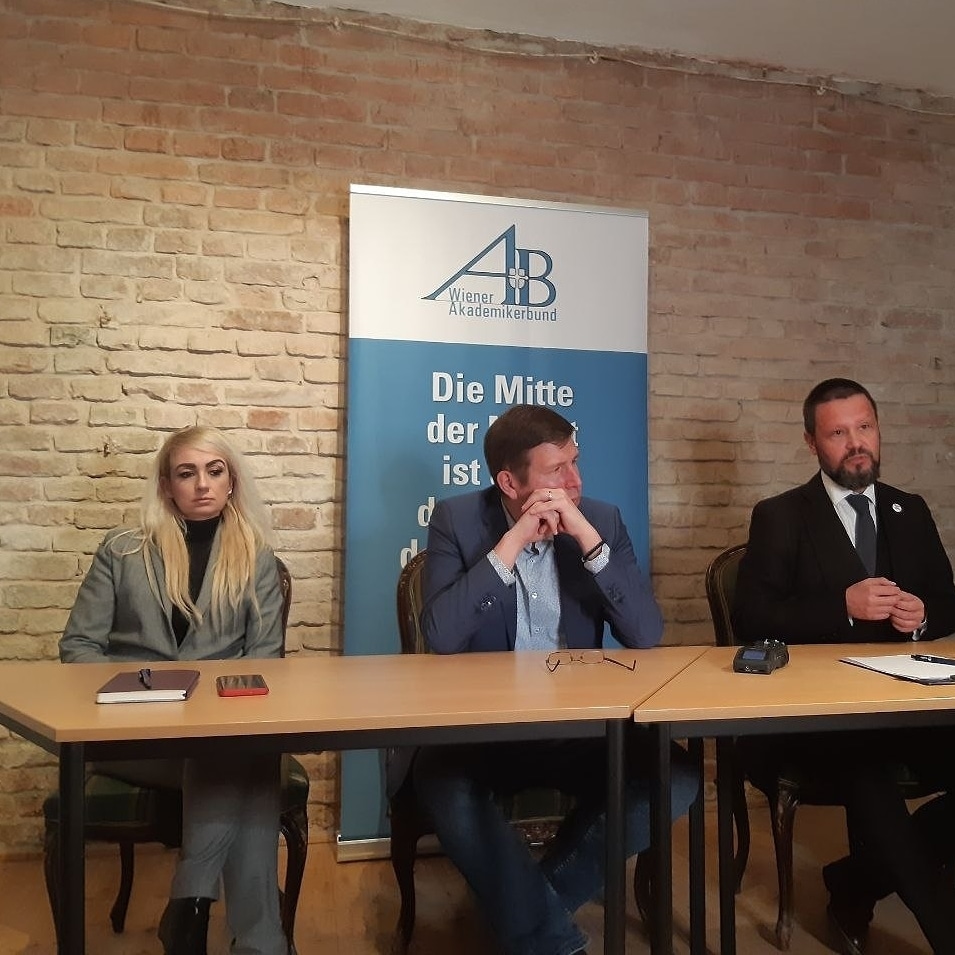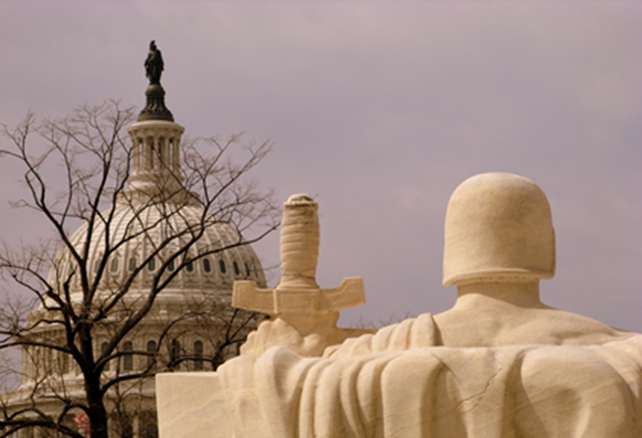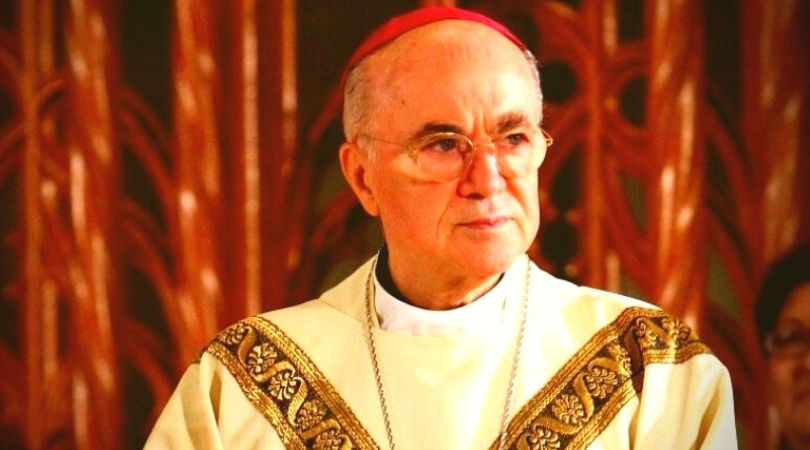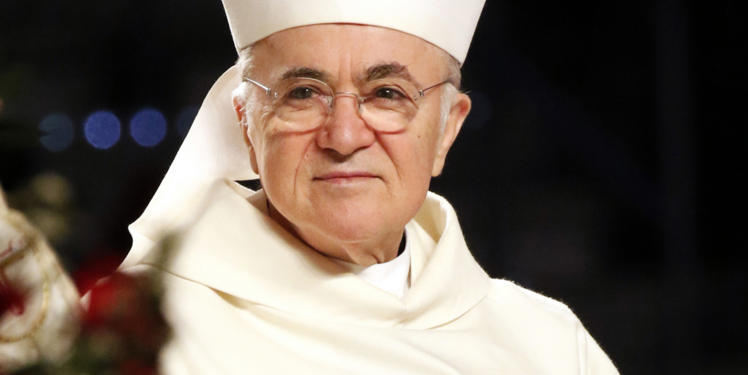As much as the end of corona restrictions in many countries is to be welcomed, one should not be deceived by the fact that in the background, construction continues on a global rebuild along the lines of the “Great Reset.” And it’s going full speed ahead.
Threatening agreement for “pandemic prevention”
For the now obvious failure of the Covid measures, together with the backpedaling and the backing down of politics and the media, was obviously part of the plan. WHO is now using this general distraction to get member states to sign a new “global pandemic preparedness” agreement that basically gives WHO power in all medical and climatic emergencies!
“[…] a convention, agreement or other international instrument under the Constitution of the World Health Organization to strengthen pandemic prevention, preparedness and response. […]”
The new treaty, pledged in December 2021, expands on an original 2005 treaty and, if adopted by member states, means that the WHO Constitution (under Article 9) will take precedence over individual countries’ constitutions in the event of natural disasters or pandemics. For this, in Europe, the main aim is to get the EU to implement it in the member states.
WHO will in future dictate, not recommend
In other words, the WHO will dictate in the future, not just recommend.
On the WHO side, an intergovernmental negotiating body has now already been constituted, which will hold its first meeting on March 1, 2022 (“to agree on working methods and timelines”) and its second on August 1, 2022 (to discuss “progress on a working draft”). It will then present a progress report to the 76th World Health Assembly in 2023, with the goal of adopting the “instrument” by 2024.
The instrument is intended to:
– ensure stronger, sustained and long-term political commitment at the level of global leaders
– Define clear processes and tasks
– Improve long-term public and private sector support at all levels
– Ensure promotion of the integration of health issues into all relevant policies
Dr. Astrid Stuckelberger, a Swiss scientist who has worked for WHO for 20 years, warns that this is precisely the case. She believes that every country should send a public letter of protest to WHO, stating that it is unacceptable for the signature of a country’s health minister to decide the fate of millions of people without a referendum.
Dr. Stuckelberger informed that so far only Russia has sent such a letter of objection.
Finally, the joint statement on the Covi 19 pandemic by leaders from around the world, together with the President of the European Council, Charles Michel, and the Director General of the World Health Organization, Dr. Tedros Adhanom, was quoted:
“There will be other pandemics and other major public health emergencies. The question is not if, but when. Collectively, we must be better prepared to predict, prevent, detect, assess, and respond effectively to pandemics in a highly coordinated manner. To that end, we believe nations should work together toward a new international treaty on pandemic preparedness and response.”
 Bitte unterstützen Sie unseren Kampf für Freiheit und Bürgerrechte. Für jede Spende (PayPal oder Banküberweisung) ab € 10.- erhalten Sie als Dankeschön auf Wunsch ein Dutzend Aufkleber portofrei und gratis! Details hier.
Bitte unterstützen Sie unseren Kampf für Freiheit und Bürgerrechte. Für jede Spende (PayPal oder Banküberweisung) ab € 10.- erhalten Sie als Dankeschön auf Wunsch ein Dutzend Aufkleber portofrei und gratis! Details hier.
Für Bestellungen unseres neuen Aufklebers “Impfzwang” klicken Sie hier.


